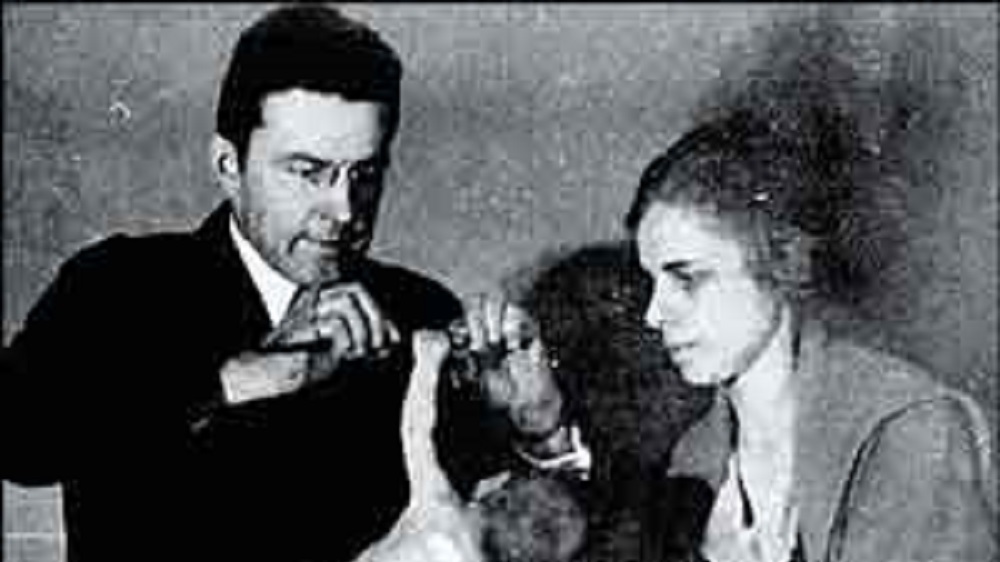Dr Watson, I Presume

Broadcaster
BBC Radio 4
TX Date
5th Apr 2013
Presenter
Louisa Foxe
Producer
David Coomes
Researcher
Dougal Patmore
The year 1907 found Dr John Watson at Johns Hopkins University, in Baltimore, with the world at his feet. But his public and private lives collided, and his academic career ended prematurely. Louisa Foxe begins Dr John Watson’s riches-to-rags story among revealing correspondence in the archives of the university.
Dr John Watson was the founder of Behaviourism – which believes that an individual’s destiny is in his or her own hands, and not dependent on class, genes, or gender.
Publicly, he conducted an iconic but controversial experiment on a baby known as Little Albert. This used rats and loud noises to ‘prove’ that behaviour is nothing more than a matter of stimulus and response. But he misled observers on Little Albert’s health.
Privately, a messy divorce followed his affair with a student, Rosalie, who was to become his second wife. The huge scandal caused by this ‘celebrity adultery’ made lurid front-page newspaper headlines.
So Watson moved into advertising, with the J Walter Thompson advertising agency. Revolutionising Madison Avenue, he linked three human instincts (rage, fear, love) to three human needs (food, shelter, sex), and ran major campaigns accordingly.
Dr Watson, dissatisfied with the ‘shallowness’ of advertising, turned to writing the influential and bestselling Psychological Care Of The Infant Child. This warned of the ‘dangers’ of mother love and stressed the ‘importance’ of treating children as young adults. He lived out his own philosophy, but family life was unhappy, and one of his sons was to commit suicide.
Louisa Foxe begins Dr John Watson’s riches-to-rags story among revealing correspondence in the archives of Johns Hopkins University.
Dr John Watson’s huge influence on psychology remains close to that of Freud’s.



